Episode 294 - Creating Culture Worth Celebrating: Stories of the Movement with Booster's Chris Carneal
Culture can be a bit of a buzzword.
What does it really mean for a company to have values and an identity?
And how can leaders of those companies make sure those values don’t just become another page on the website or words on a wall in the office?
In this episode of Stories of the Movement, we’ll hear about Booster, one of the largest school fundraising companies in the country.
They’ve built a culture unlike any other in their team of nearly 1,000 employees. And Chris Carneal, the founder and CEO of the company, saw firsthand how essential Booster’s “virtues” became when they faced an unexpected and intense setback.
Check out their story in this episode of Faith Driven Entrepreneur: Stories of the Movement.
For more information about Faith Driven Entrepreneur and to sign up for our groups, check out our website at faithdrivenentrepreneur.org
All opinions expressed on this podcast, including the team and guests, are solely their opinions. Host and guests may maintain positions in the companies and securities discussed. This podcast is for informational purposes only and should not be relied upon as specific advice for any individual or organization.
Episode Transcript
Transcription is done by an AI software. While technology is an incredible tool to automate this process, there will be misspellings and typos that might accompany it. Please keep that in mind as you work through it.
Chris Carneal: So I think every entrepreneur has to figure out what drives them.
Joseph Honescko: That's Chris Carneal, the founder and CEO of Booster, a company that builds culture unlike any other.
Chris Carneal: A new team member walks in the door, we pop confetti cannons and we celebrate them and blow the smoke machine.
Melanie Morris: We've proven here at booster that we can take our work seriously and do really important, impactful work, but we can also have a good time doing it. Those things don't have to be mutually exclusive.
Joseph Honescko: So what does it look like to build a brand off of excitement, joy, and energy? How does a company like that scale to nearly a thousand employees, affecting 10% of elementary students across the US? How can we empower our employees to see how they are bringing positive impact to every client? And how do you maintain that hope and positivity? When you experience trails you never saw coming? I'm Joey Honescko, and today on the Faith Driven Entrepreneur podcast, we're telling the story of booster, a fundraising company that is determined to help strengthen schools so they make a lasting difference on their students in their communities. We'll look at how Chris developed a clear call to create and pursued what God was calling him to. We'll see how you can pursue joy and faithfulness, even in the midst of difficult circumstances. And we'll see how God brings the greatest joy to those who faithfully follow his will. All that and more on this episode of the Faith Driven Entrepreneur podcast. Stories of the movement. Let's get into it.
Chris Carneal: For about 15 years of my life, probably age 20 to 35 ish. I thought that there were two categories that there was the ministry and the business.
Joseph Honescko: At this point, Chris, the story might sound a little bit like yours. Most faith driven entrepreneurs have found themselves between these two worlds of the church or the marketplace. And as much as we'd hate to admit it, many of us still wrestle with this tension where we're not sure exactly how we live out our faith as entrepreneurs. And part of the challenge there is that as much as we are people who create culture, we also absorb the culture around us. Chris was steeped in a certain kind of church culture growing up that many of us would find familiar.
Chris Carneal: I grew up with the narrative of the church that you went into ministry, or you went into work and gave your money to. And then there was the 10-40 missionary, the overseas missionary, the head pastor, the nonprofit, the parachurch, and then the for profit people whose job was just to make the money and send it over there. It's almost like this hierarchy in the Kingdom of God.
Joseph Honescko: I mean, look what faith driven entrepreneur hasn't experienced this feeling, right? This idea that we're somehow lower on the spiritual totem pole. And a lot of that is changing as the culture changes. But it's a good reminder of just how much a culture can empower the people that it influences, or how they can draw them into something that maybe they shouldn't be pursuing. This is attention that every founder is going to have to wrestle with as they build a culture for their teams and as they influence the culture around them with their business. For Chris back when he was younger, the culture he found himself surrounded by led him to pursue a path that was just a little outside of his callings and his giftings.
Chris Carneal: Looking back in hindsight, I've always been an entrepreneur. It's always been part of my DNA. I always like to start things, sell things. Talk to people about big ideas. But that the entrepreneur didn't fit two neatly in a religion major seminary box. If you wanted to go into ministry, there was kind of one path and the entrepreneurs were weren't quite on that path.
Joseph Honescko: As part of this effort to find himself more on the established Christian path. Chris started kicking around the idea of church planting. After all, it had some entrepreneurial elements. He saw others do it, and he got excited by the prospect. But something about it still didn't feel quite right. The church planting life wasn't perfectly aligned with who God created Chris to be, and for a while, Chris just kind of thought this was something he would have to deal with, pushing aside all of those natural instincts that would make him a fantastic for profit leader. But then he saw this concept of faith driven entrepreneurship lived out by a pioneer in this movement. Chick fil A's Dan Cathy.
Chris Carneal: When I moved to Atlanta, watching an entrepreneur, CEO of a mission minded, growing company of chick fil A. Be creative. Be innovative. At the same time, view that business as the way he made a difference in the kingdom. And that was what clicked for me. I'd read scripture, I'd read books. But when I saw Dan Cathy living out excellence in the midst of a for profit business, internally impacting his culture, making a difference externally, doing the job with excellence, growing a business. I thought that's exactly what I want to do. Take a for profit business and use it in a redemptive way for the good of others.
Joseph Honescko: Let me just pause this narrative for a moment, just to remind you, listener, that you have an opportunity to be that kind of influence on others, too. People will look to you and see new possibilities, whether that's your employees, the people in your small group, your family, whoever. You show people the power of faith driven entrepreneurship just by living it out faithfully. It's people like you who are part of this movement that are changing the culture, even within the church, that narrative most of us grew up with, where there's a sharp divide between faith and business, is far less common now, and it's less common because of the Dan Cathy's and the Chris Carneal's in the use of this movement, who have helped write a new story and create a new cultural understanding of the role Christians can play in the marketplace. When that perspective changed for Chris, he was able to fully discover the unique call God had placed on his life. Here's how he puts it.
Chris Carneal: I think an entrepreneur's heart knows, hey, there's a problem out there. I had the capacity, the competency, the courage to solve it. And entrepreneurs want to solve problems. So I was looking at all kinds of different problems I could solve. What I really loved, I think the moment it really clicked for me was when I got to see and reconcile the idea of entrepreneur thinking and DNA and mindset start up with impact and influence. So when I got to give baseball lessons to like a third grader and you know, I got to tell them how to hold their hands and how to stand and how to swing. But I also got to talk about attitude and effort and hard work and being a great teammate. And then there parents a week or two later would say, hey, they're hitting in the game they used to not hit. They've gained confidence. But what you're talking about, the character lessons you're teaching is really making a difference in the home, not just on the baseball field. And that was super impactful for me, and I just wanted to do more of it.
Joseph Honescko: So Chris is out there doing the baseball lessons. He's done some other small things like flower delivery and yard care. He's in those early stages of exploring that innate God-Given entrepreneurial spirit within him. But as he's growing as an entrepreneur, he also begins to look for bigger problems to solve in ways to have greater impact on the people around him. And he first finds those opportunities in a pretty unexpected place.
Chris Carneal: So one day in Birmingham, Alabama, in the springtime before a baseball lesson, one of the students, sixth grader named Carter Gannon. I remember his name because ten years later, he ended up becoming a booster team member, which is super cool. He said, coach, before we do a baseball lesson, can you buy some magazines for my school fundraiser?
Joseph Honescko: You might remember these old school school fundraisers where elementary students would raise money through magazine sales or some other small things like that, as a way to support the local school systems. And these were fine. Chris remembered one event when his dad, who was booster club president as he was a kid, teamed up with a PE coach to host a fun run and it had a ton of success and was overall a great experience for the community. But there was a problem with creating these kinds of exciting experiences, as opposed to the door to door magazine sales mindset.
Chris Carneal: It is tough and complicated to organize.
Joseph Honescko: You need to be able to motivate, be enthusiastic.
Chris Carneal: Communicate, and energize.
Joseph Honescko: And in case you haven't noticed from Chris's comments in the show, that's kind of his specialty. So as he's in his early entrepreneurial days, he thought there might be an opportunity to help students raise support for these schools in new, fun and exciting ways.
Chris Carneal: Yeah, the fundraising industry had been stale and boring, honestly, for probably 30 years, and there were products to sell. They weren't that exciting. They were the same that they were a decade ago. So I then began to go around to schools as a college student, basically asking schools, hey, trust me, with your kids and your money. You know, I've never done this before, but I got an idea. Replace your fundraiser that works with a new idea and a new concept and outsource it to the college student. Finally, after 50 different school meetings, Shades Mountain Christian School in Birmingham, Alabama, the 27 year old athletic director Bill Wilder said, hey, let's go for it. I'll take a chance on you, but you're going to have to guarantee the $3,000 because I really need this money. School's about to end. And I said, Coach done, guarantee you the 3000 it's going to work. And, I was more shocked than the school was that the school profited $21,000.
Joseph Honescko: So Chris walks into this first deal, needing to guarantee three grand. And he's able to bring in seven times that number. The school is impressed. Chris got to see the impact it had on the students and the teachers and the rest of the community. And in the process of all that, he had found a way to channel his own unique energy and excitement and gifts into experiences that benefited others. His secret to the success here was making the event something everyone could enjoy and participate in. The other programs, he says, were exclusive, whereas he was creating an inclusive environment where everyone could enjoy the fundraiser.
Chris Carneal: There was no community catalyst and experience in fundraising. It was just a transaction. So I created an all inclusive everyone runs the fun run even if you don't financially participate. And that was extremely compelling and we made it experiential. Soundtracks. Music. Flags. Waving. Tunnels to run through a team. Cheering backwards. Lap jump a lap dance a lap. So even if you didn't get a pledge or donation for the laps run, you still got to participate. So your classroom, your team, your school all got to come together for this community event, which made it really exciting. So going from transaction to experience, I think was the magic of the business.
Joseph Honescko: On that first sale back in 2002, kicked off what would become the business Chris still runs today with hundreds of employees and a huge reach across the country. But those first three years were built like a lot of successful entrepreneurial endeavors are, with grit, determination and a willingness to make things happen. Chris and his wife were young. They had just gotten married, and they still look back on those early days of booster as the fun stage of the company.
Chris Carneal: My wife and I were literally advancing stuff. We were driving all over the country, living in friends basements.
Joseph Honescko: Of course, as things grew, they needed to make some changes. They added employees and processes. They had a small rough patch in 08 with the Great Recession, but outside of that, things were pretty smooth sailing, and a lot of that had to do with the fact that even though there were a lot of changes in the organization, the core elements stayed the same. They always put the client first. They tried to meet their needs.
Chris Carneal: 2010 through 2020. At least March of 2020 was total scale stage, and we had to figure out a lot of the complexities of business, from supply chain to compensation and recruiting. We created different service levels. Some want to do it themselves. What can we provide them? Someone in a blended approach. How do we get customer service right? How do we serve schools? And so that was super fun. So 2015 to 2020 we grew from about 200 team members to 900 team members.
Joseph Honescko: There's obviously a big difference between driving around the country with your spouse, trying to get deals done, and running a company of 900 team members. Of course, the growth was exciting, but Chris also made it a priority to keep the original mission and vision for impact at the heart of things.
Chris Carneal: I wanted to go beyond service, to experience and really even beyond experience, to transformational change. Could I create an experience that taught character lessons that had such a servant heart, that was so focused on hospitality, so inspiring to students that it felt like this event is going to change the lives of students, schools and community cultures.
Joseph Honescko: There's that word again. Culture. How much can a culture change a person for good or bad? In Chris' early life. The church culture he was raised in shaped the way he thought about work and ministry. Ministry was the higher good. Work was the lesser. But then he started seeing a new perspective when he got involved in a different culture, one that saw how faith and work could work together. Then he became a guy who built the business off of changing culture. The stigma around fundraisers was that they were dull and lifeless, and he changed that culture. He brought fresh energy to these events and saw how it empowered people who could empower the schools to empower others. It's this ripple effect of culture change that every entrepreneur can take part of. Because every entrepreneur has the opportunity to shape the culture of their company. And that's exactly what Chris did. As the staff grew and they started to scale.
Chris Carneal: I always wanted to make an impact externally. I also was really excited about making impact internally. Once I hired my first team member, I saw that I got to impact them, and I really love the idea of providing opportunity, providing jobs, but building a culture. And I love culture building, and I love the idea that I could create something that would make everybody better.
Joseph Honescko: One way Chris and his team were able to make a significant difference in building a culture was by really thinking through the company values and being willing to change them. As the company changed, they even went through a pretty major overhaul in 2019, which ended up being good for them because of the extreme challenges they were going to face in 2020.
Chris Carneal: Ultimately, culture is your values, your shared beliefs and practices and habits. So I stumbled upon an ancient word that's not used enough today called virtue. So I started to distinguish what is the difference between a value and a virtue. And I fell in love with the concept of virtues. Virtues are timeless. They're aspirational. They're actionable, and they're personal as much as they are professional. So I decided then, you know what? We're not going to have just company values anymore. Let's refresh them. Let's keep the ethos of who we were, but let's refresh them and have company virtues.
Joseph Honescko: After some significant study. Chris ended up with six virtues that he would have to hold tightly to over the coming years.
Chris Carneal: Gratitude, wisdom, care, courage, grit and celebration.
Joseph Honescko: And a lot of times, things like company values are virtues. In the case, a booster can feel very abstract. Maybe they get painted on an office wall or thrown up there on a web page. But what happens when they're actually tested and thrown into the fire? Some companies never have to deal with this, but Chris and the rest of the team at booster didn't have to wait long to discover what these virtues really meant to them. We all know by now that 2020 happens. The pandemic hits and lots of companies were affected by this, but booster was hit hard.
Chris Carneal: So we were up into the rights for about 15 years until March 13th, 2020. Covid was the most disruptive event. More than we could possibly imagine. We had diversified service levels. We had clients in all 50 states. When March 13th hits. Friday the 13th and the nation's schools shut down. No one would return a phone call. Every program got canceled. We had 20 million in revenue coming in over the next two months, and that got canceled. If you remember early on, it was two weeks to slow the curves, and then that became the entire spring semester. We thought that was going to be it. We thought, man, we survived the toughest. March 13th, however, began a 173 days of zero revenue.
Joseph Honescko: There's really only so much adaptation and pivots that are available to a company that is taking in zero revenue. So after months of trying to figure out what was possible, they had to make some super challenging decisions.
Chris Carneal: So in late July, we had to make this difficult decision to reshape and resize the company. We had to furlough or let go 85% of our team members, so we had about 900 beforehand. We had to go down to 143 team members, and this was extremely tough for me. I love culture, I love our people. I'm good friends and feel like family with so many of these team members, and so many had worked with us for so long and helped us build the company and take it nationwide. But we were running out of money quickly, and by day 120, we realized we're going to run out of money in a few months, and that's going to be it. And then our mission will be over.
Joseph Honescko: This was where the culture was put to test. It's one thing to talk about the tight knit nature of a group of people. It's another thing to see how that group responds in a time of crisis.
Melanie Morris: It was easily the most challenging season that we've been through that I have been through professionally.
Joseph Honescko: That's Melanie Morris, the director of communications and impact for booster. And she had been with the team for five years by the time Covid came around.
Melanie Morris: I think the emphasis on our culture and the impact that we have on our people, I feel like I got to see that a lot in those harder seasons, which were they were hard. They were very hard. But I think our culture, our virtues are what got us through those times, and it makes the High Times even more rewarding now.
Joseph Honescko: Chris had to wrestle with how these virtues meant something in his own life, too, not just for booster, but as a leader and as a husband, and most importantly, as a Son of God. How do you seek wisdom and courage in the Lord when everything around you is crumbling? When the thing that you've built and you've dreamt of for so long is slipping through your fingertips? It was there, in this place of desperation, that God met him and changed him in a way that he was not expecting.
Chris Carneal: I realized that the previous 19 years of booster might be over in my mind and my spirit. I thought, the Lord has created me in this organization to do good for many more years. A story I had playing out in my head was a 100 year company. You know, I had something that probably a lot of entrepreneurs have, and it's a great work ethic and a great sense of responsibility. However, I had it disproportionately on my shoulders. Literally, there was a picture in my head. This is in July, and we thought the fall was going to be bad and we literally might be out of business and bankrupt. I said, I feel like I'm holding a boat full of 800 900 team members in the middle of a hurricane, and I just I'm drowning and I just can't do it anymore. And my wife said, that's not your burden to bear. The Lord is holding the boat, you're in the boat and he's captaining the ship, and he's holding it all up, and you're part of the storm. It's not your load to bear. I think as entrepreneurs, we had the sense that it's up to me and let's do it. And I fully believe that's the Lord giving us strength and giving us agency and giving us responsibility. That's appropriate. I, however, probably took that a little too far and felt like it's all up to me. And in doing so, I wasn't trusting the Lord enough. And so I had in my mind thought that it was my burden to bear, as opposed to now this is the Lord's company, and I'm in the boat, and he's given me a sense of responsibility. But me and booster, my people, they're his, not mine. So when I finally gave up through tears and frustration and finally gave up or this is truly all yours, the amazing sense of relief and peace that I received was tremendous, and I feel like God gave me the fuel and peace needed for the next few months of the battle.
Joseph Honescko: This is that tension we talk a lot about on the show. The idea of being faithful versus willful, or being a steward and not an owner of the company that you run. God does indeed call us to steward the things that he's given us. We have a role on the ship, but we are not the ones holding it. And Chris experienced the freedom that comes whenever he surrendered all that he had to God, and that was what empowered him to move forward and to faithfully steward what he had been entrusted with out of Covid and into the next season of booster.
Chris Carneal: The stat that I'm most proud of in this season is that 10% of America's elementary students will participate in our program. I love the reach of the impact, and that did not happen overnight. We were stalled out and stuck so many different times, and by God's grace, we were hoping originally for $50 million in revenue that fall. It got so bad. We were praying for 5 million. That was the goal five to survive. And we thought we're just you know, let's pray and see. But ultimately, the Lord provided a few clients, a few opportunities for us to figure out a way to get the program up and running again. And then that fall, we survived it. And then in the spring we adapted and continued. And the last three years have been challenging. The school landscape has changed in lots of ways, but in many ways were larger, bigger, and more impactful and more team members than we had before.
Joseph Honescko: The circumstances around the business certainly have changed, but the why and the how continue. The virtues remain strong and as the team grows. Those are the things that are continuously instilled in every new team member.
Chris Carneal: When we hire someone and we say, we're going to teach you the skills, but this is our culture, we want you to understand our culture. And these six words best define our culture. Do you aspire to be a more grateful, wise, caring, courageous, gritty and celebrating person? Do you aspire to that? Our culture does all that we can. We stir up the soup of culture. Like, do you fully believe that you're a better person if you embody these six virtues? Well guess what? We feel like we're a better company if you're part of our company because we see those virtues in you.
Joseph Honescko: The employees, a booster model, these virtues, and they have practices instilled to make them seem not like tasks or burdens, but something fun to carry, like a way. The virtue of celebration comes out when they hire new team members or get a new client.
Chris Carneal: So if you come in our office as a new team member or new vendor, we have tunnel entrance, we have smoke machines and lights, and we have confetti cannons. Every team ever gets a booster confetti cannon. We call them celebration cannons. We actually manufacture our own celebration cannons. And this is what we do for clients all over the country. We like to celebrate students and schools and acknowledge and observe people doing amazing things. We want to do that here.
Joseph Honescko: These intentional philosophical decisions to prioritize culture, virtue, and the values of a company. Those are the things that make a real difference for the employees, and it helps inspire them to do their work well, too. When we experience something positive, we are more likely to bring that positive thing to others. This is the ripple effect of culture that booster does so well. They've established and modeled a powerful culture based on virtue within the team, and then that team goes out and models those virtues for others. And as powerful and as impactful as that is, Chris recognizes that it can't be the sole driver for any entrepreneur.
Chris Carneal: There's a real tension in where our identity is. Some people I feel like say, hey, it's just about who I am. It's not what I do at all. But at the same time, God has called us to create. And as entrepreneurs, it is part of what we do, what we do and who we are are linked. So there's just a wrestling that I would just challenge all of us. How do I view myself? More importantly, how does the Lord view me? Even more importantly than that, has the Lord God view His Son, Jesus. And if my identity is in him, the affections of the Father towards the Son are the affections that the God the Father has towards me. So then I'm free to do, and to work as worship as hard as I can with the balance that what I do doesn't determine my identity and the love and affection of the Father. But at the same time, I'm free to do it because he has given me the opportunity to steward the gifts he has for the good of others. So wrestling with my identity, how much am I tied to what I do as I think something we just constantly give to the Lord and ask him to refine us in.
Joseph Honescko: A strong and secure identity in Christ doesn't hold us down, it frees us up. Chris is able to build a culture within his company that goes and influences the culture around them because of the freedom he has found in Christ. Now, because he is rooted in that identity, he can take these abstract, philosophical things like virtues or the concept of being a faith driven entrepreneur and not just pay lip service to them, but actually live them out in ways that inspire and encourage others to do the same.
Chris Carneal: I feel like the last 30 years the baton has been passed, and now it's our generation's job to live out all that we've thought about, read about, and heard. So tons of gratitude for those that have come before us. So many pastors and writers have written about it. What is Scripture say about work? How is work actually worship? What is vocation look like? Lived out on a Tuesday board meeting or a Thursday sales meeting. But I feel like it's our generation's time right now to practically live it out and to integrate our faith and work into our culture, of our organizations, into everything we do, not just the prayer before the day starts, not just Sunday, but how can I live out every moment in my work life for the Kingdom of God? So I feel like this is a moment that the entrepreneur friends that I'm talking to are starting to see. Hey, I can make a difference in every meeting and every conversation if I have my kingdom perspective.
Joseph Honescko: So do you have that kingdom perspective? Are you looking for ways to build a company that changes the culture around you? And are you shaping a culture within that company that inspires others to live with that same kingdom perspective? How are you using the influence that God has given you to shape the people around you? These are questions every faith driven entrepreneur spends their entire life wrestling with. It's not something we're going to solve in a day or even with a single podcast. It's that long obedience in the same direction that Eugene Peterson talks about. This is a big reason why we at Faith drive an entrepreneur. Encourage people to join groups. These things are best worked out in community, not in isolation. So if you want to hear more about those, check out our website A Faith Driven Entrepreneur.org There's no cost, no catch. You meet online or in person with a group of 10 to 15 other like minded entrepreneurs who understand the challenges you are going through. As always, if you found this episode helpful, share it with someone, leave a rating and make sure to follow the show. You can also always reach out to us with your thoughts at podcast at Faith Driven entrepreneur.org. I'm Johanna Esco. Thanks for listening.





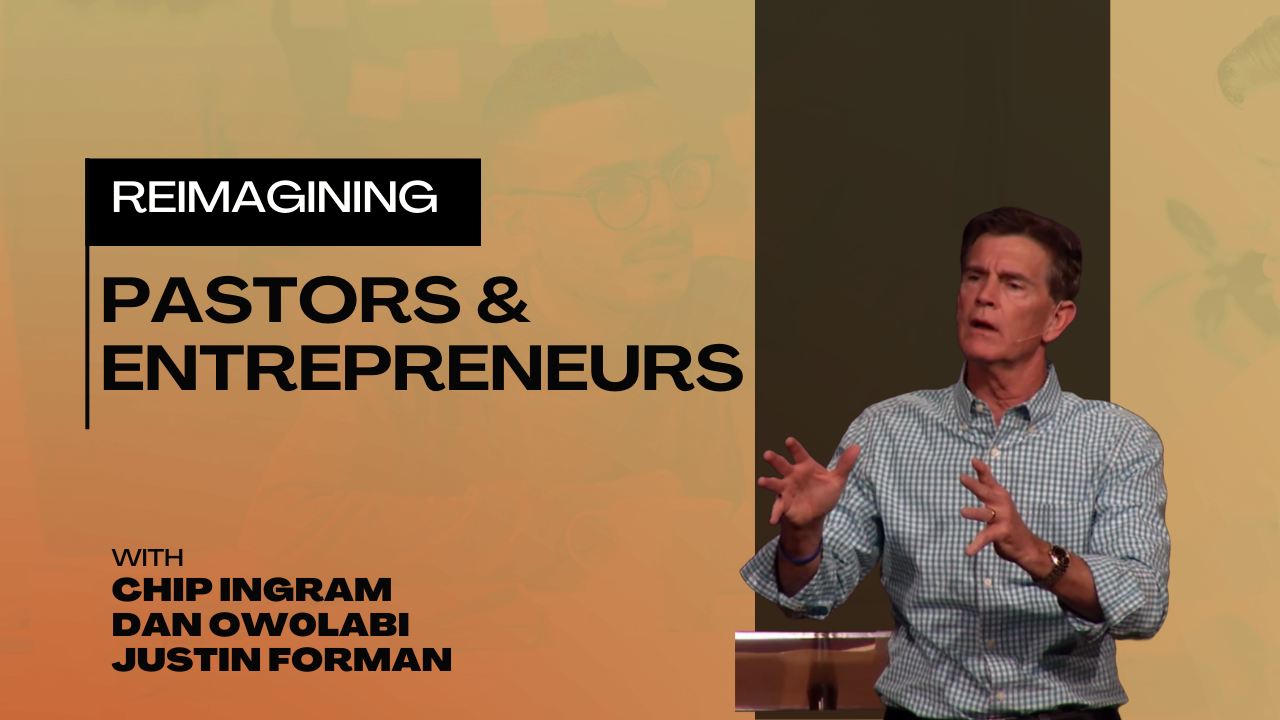
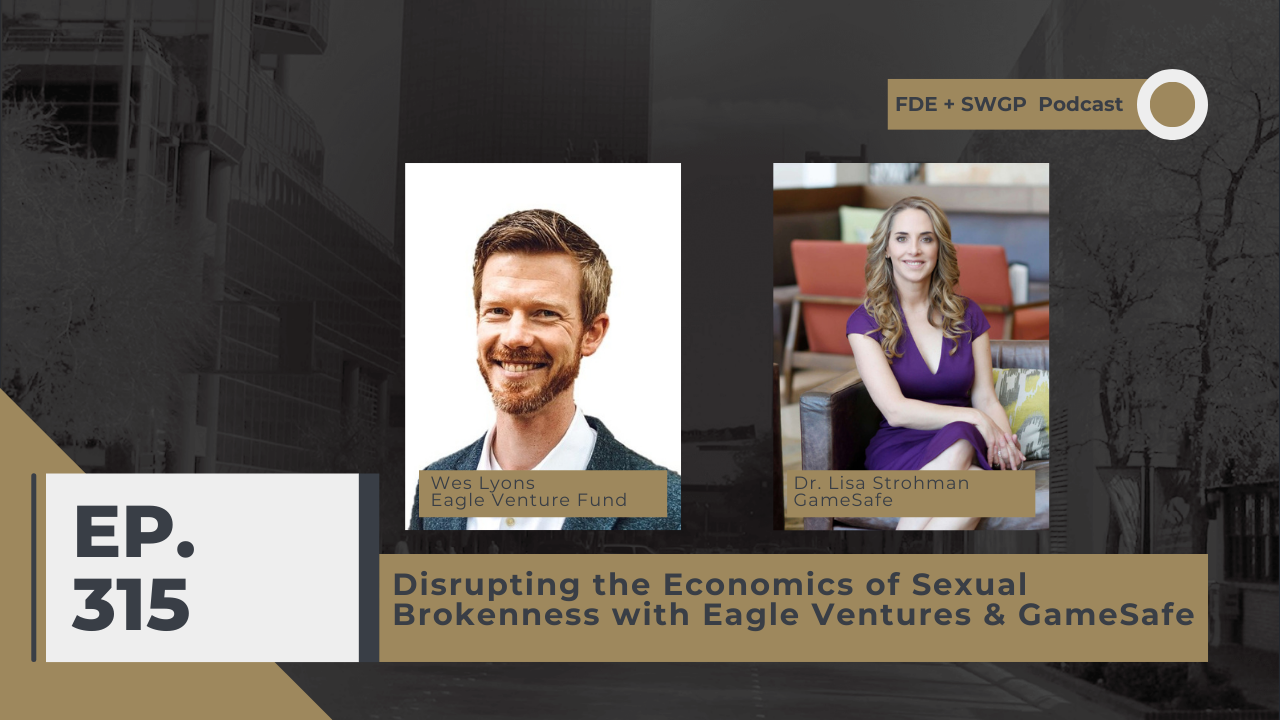
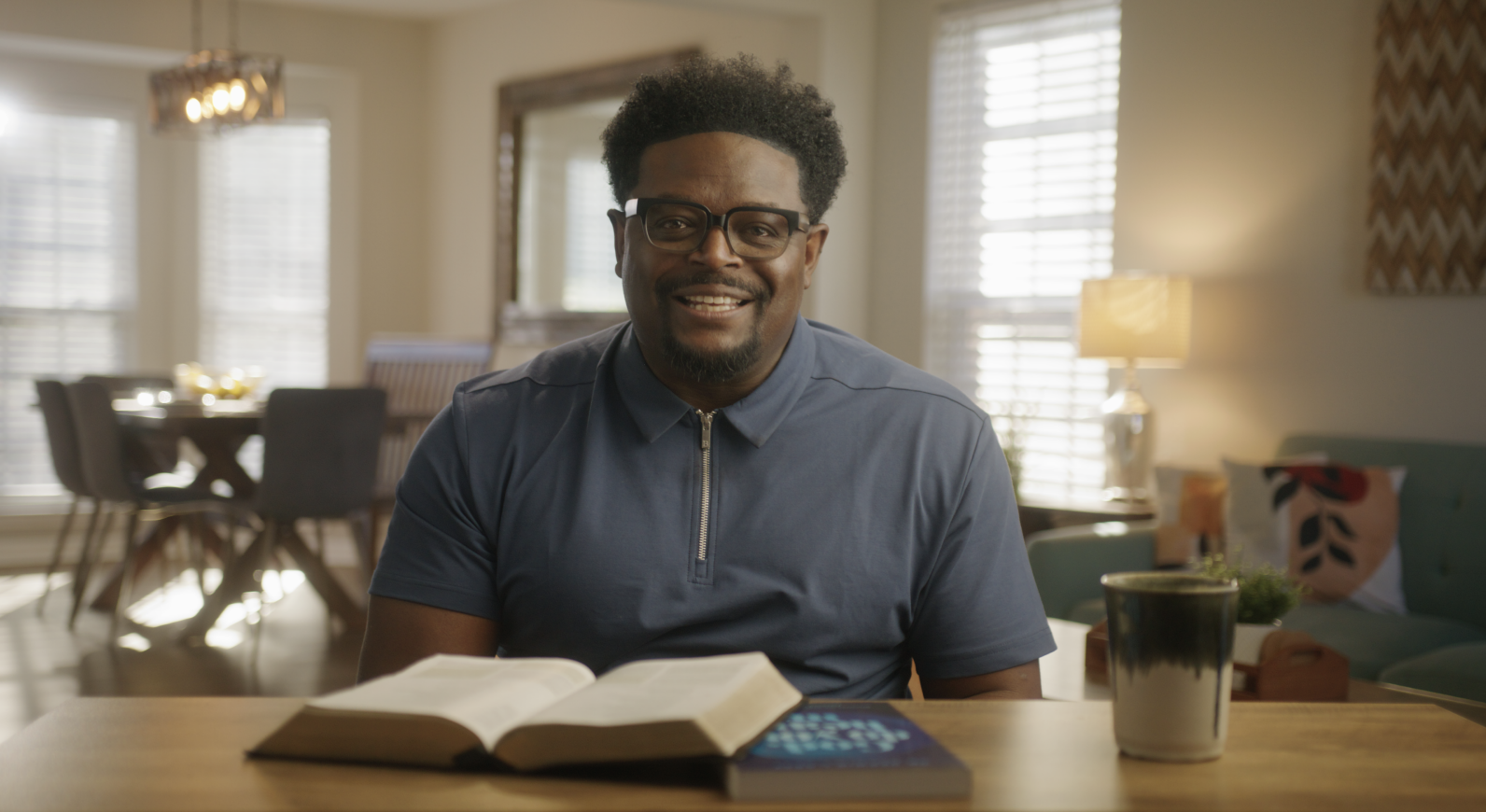
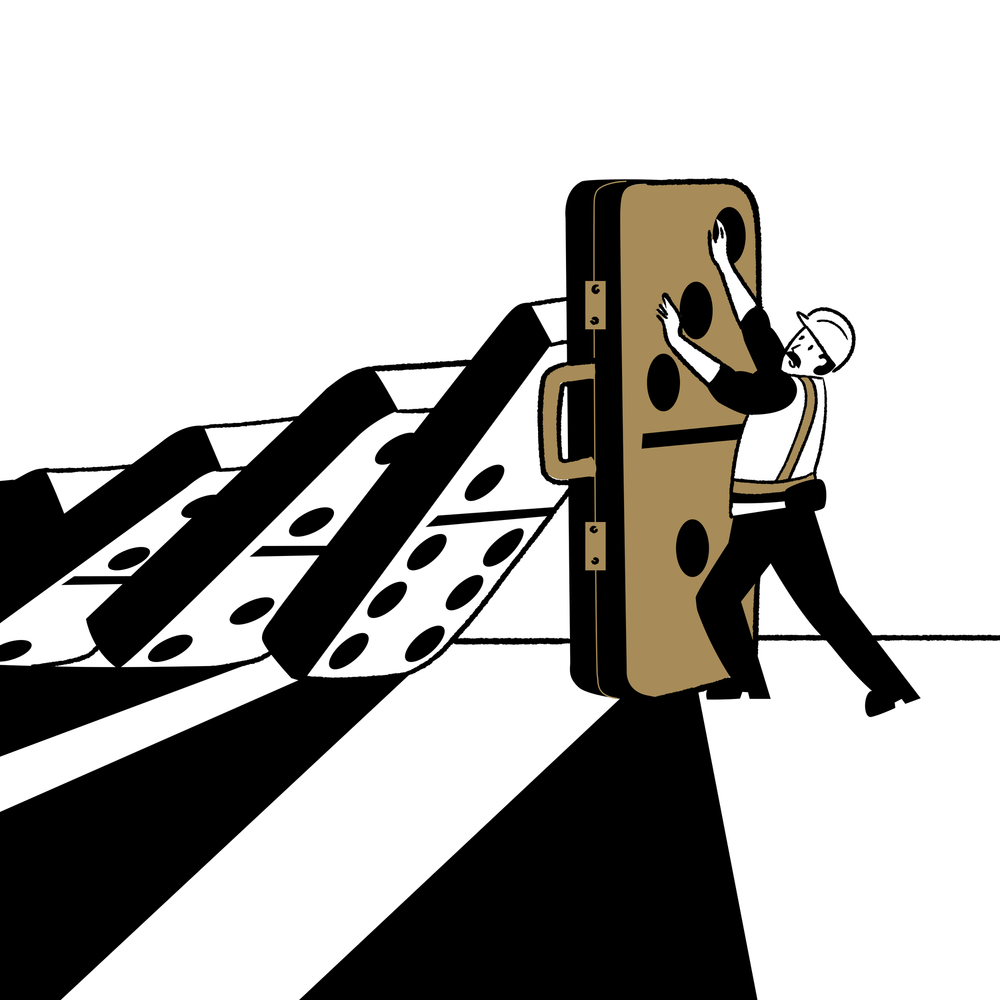
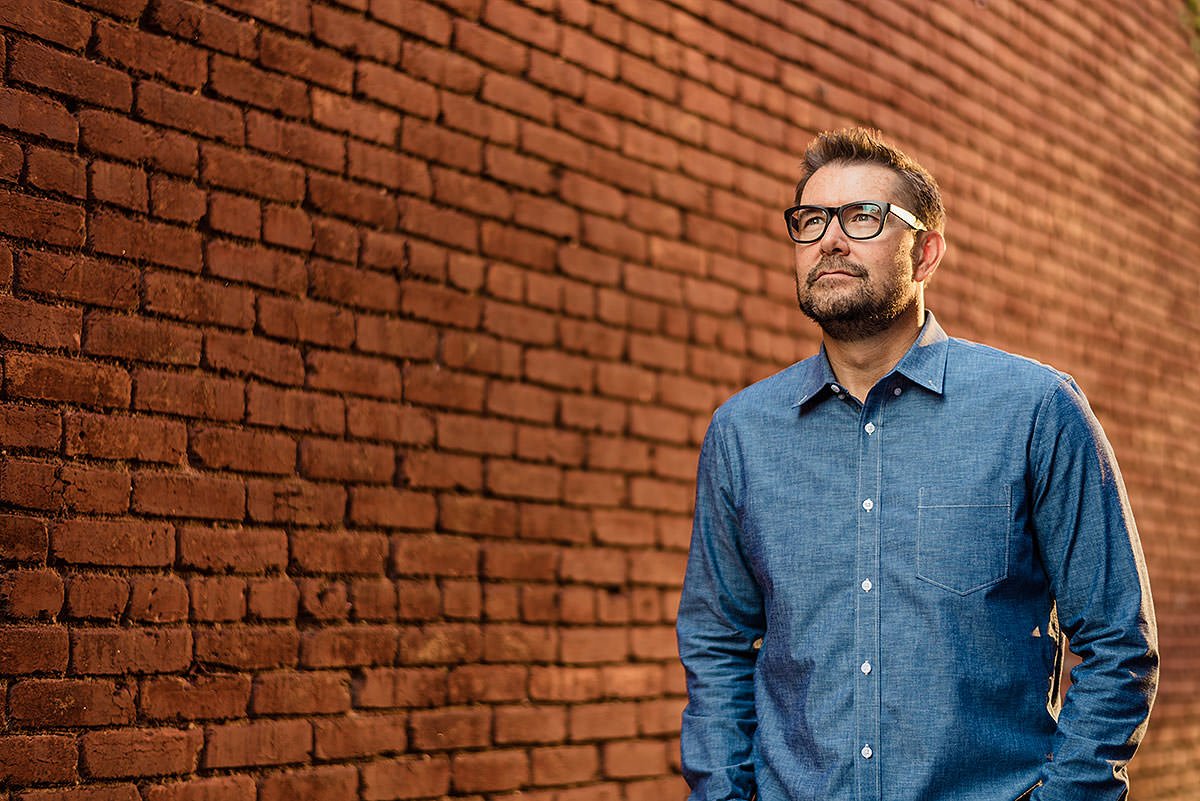
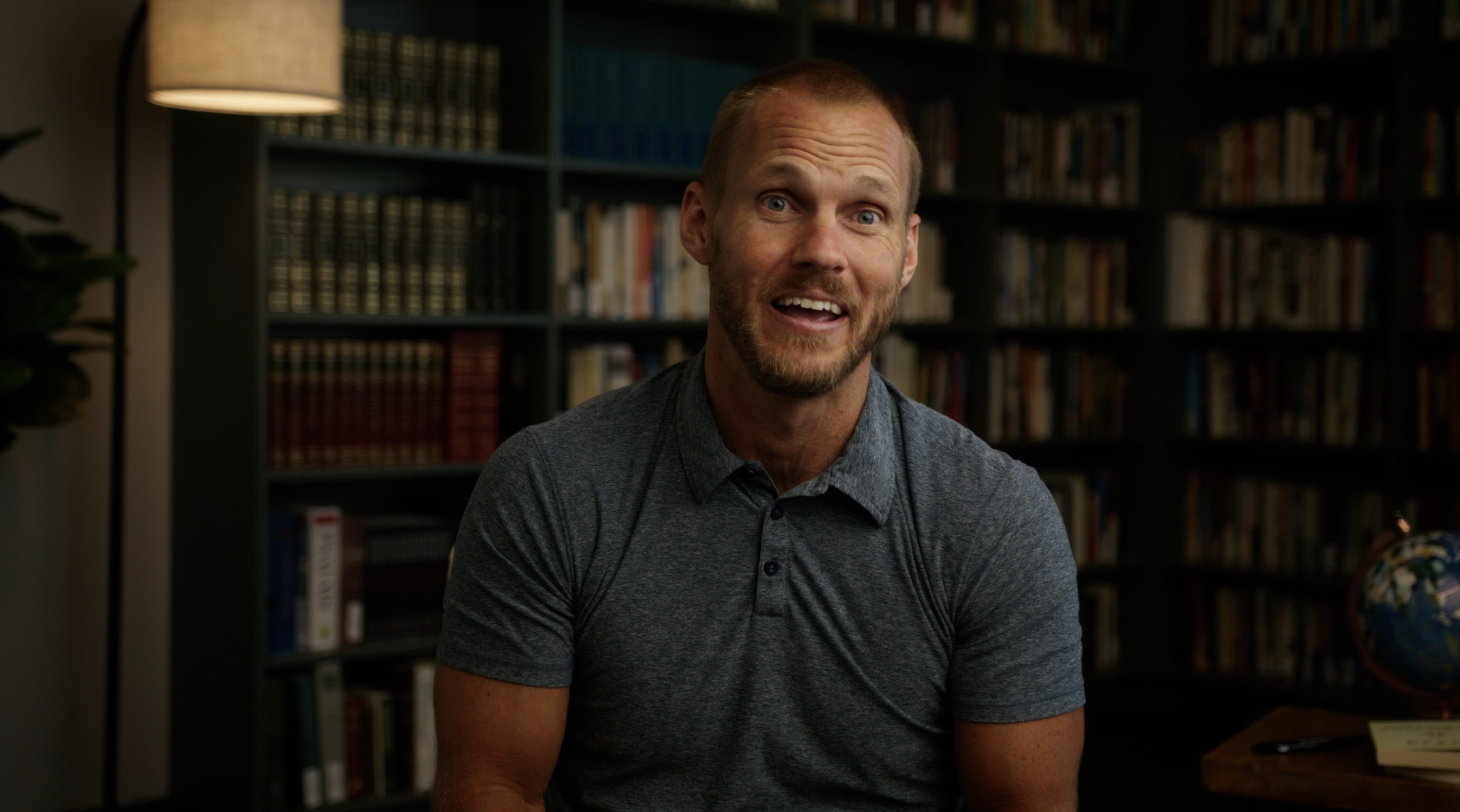
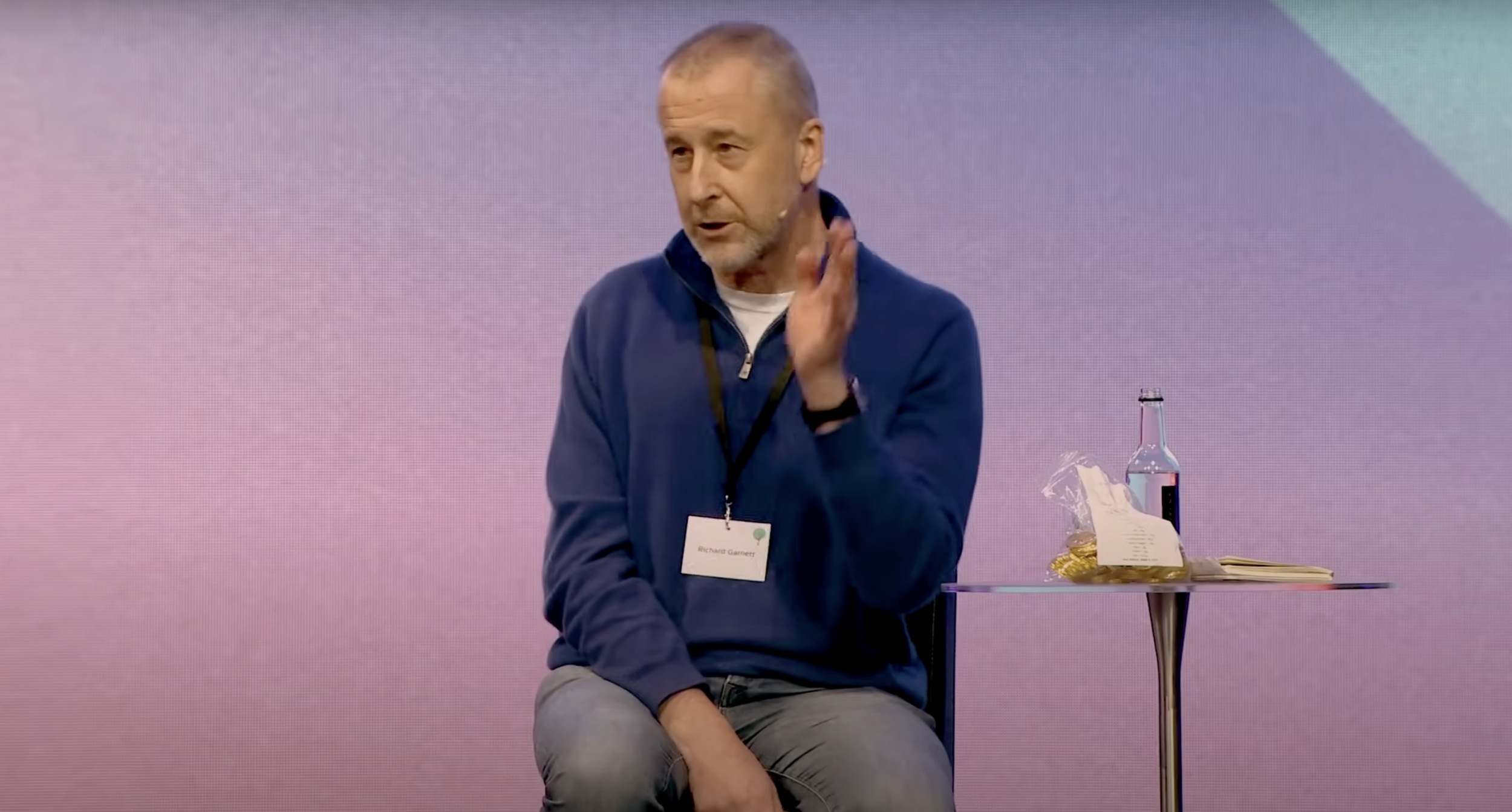
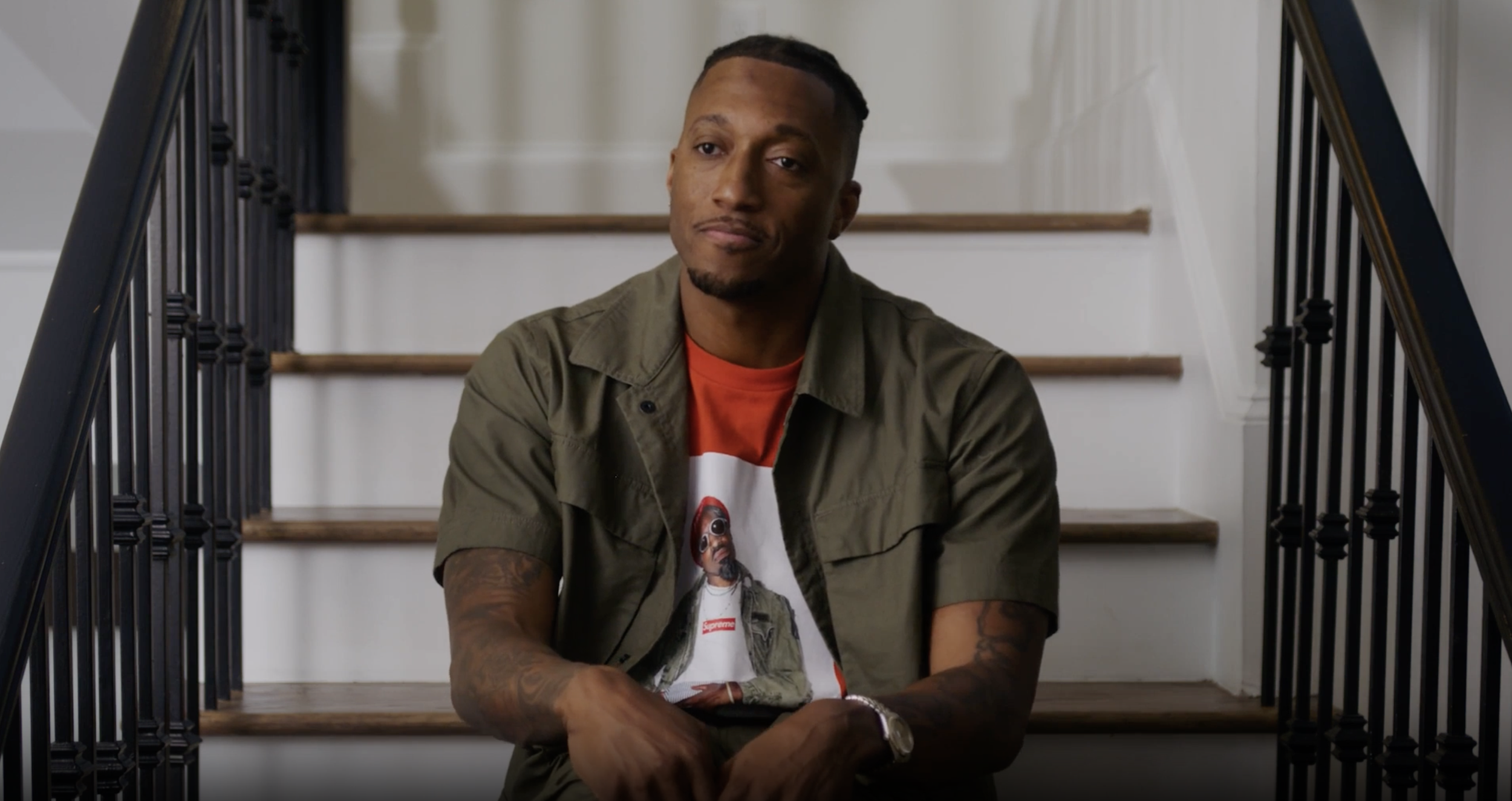
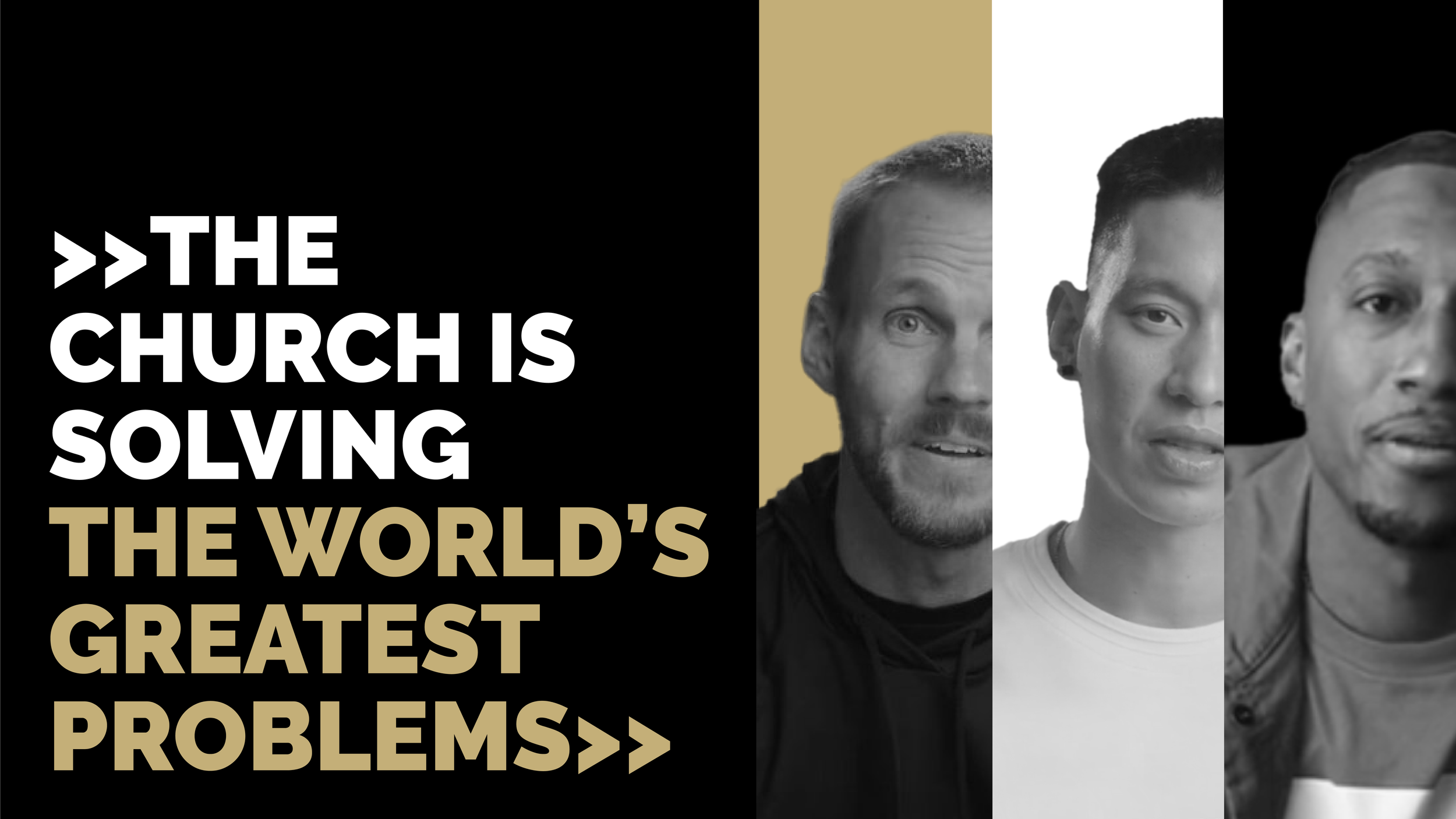
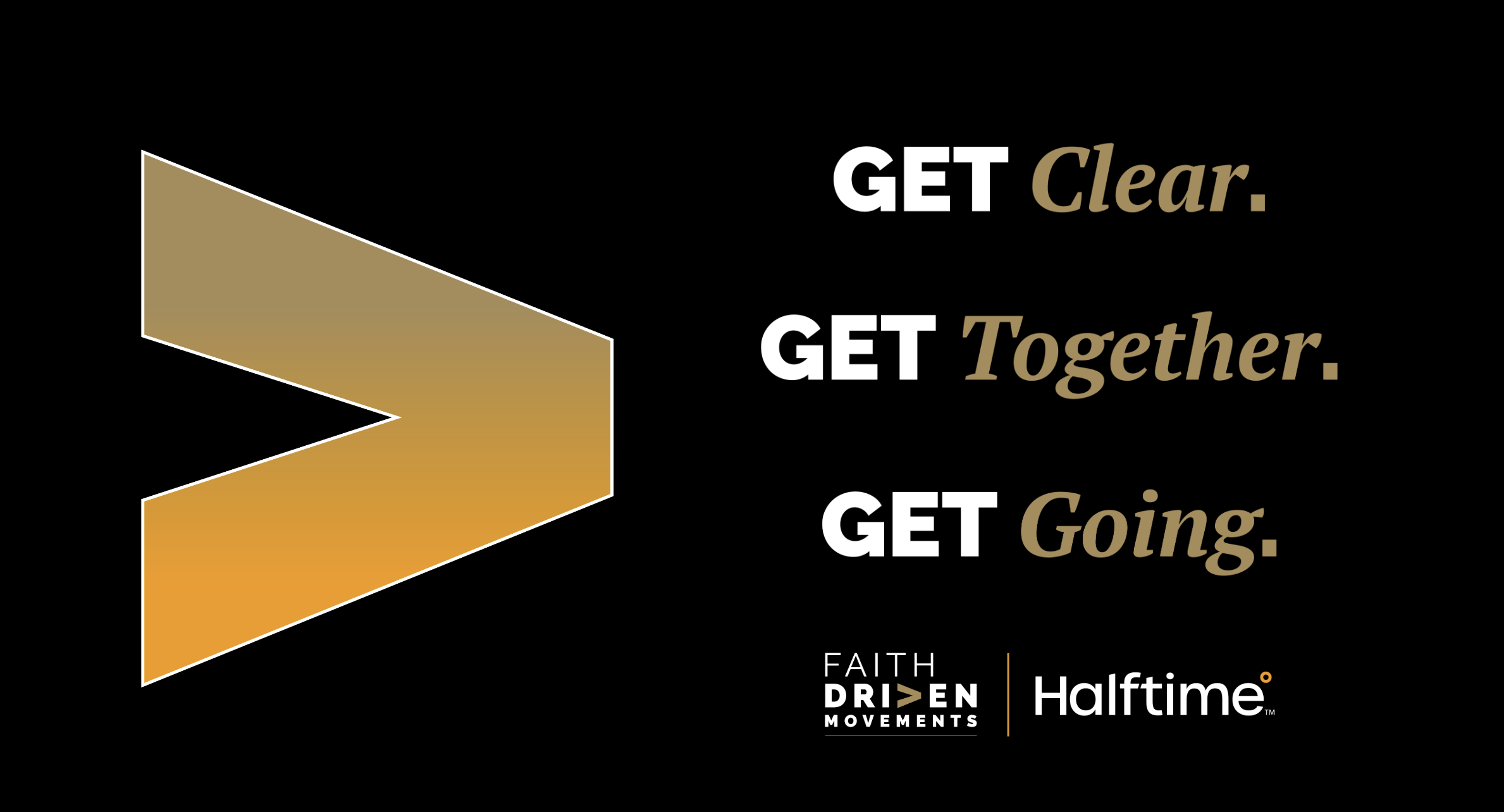
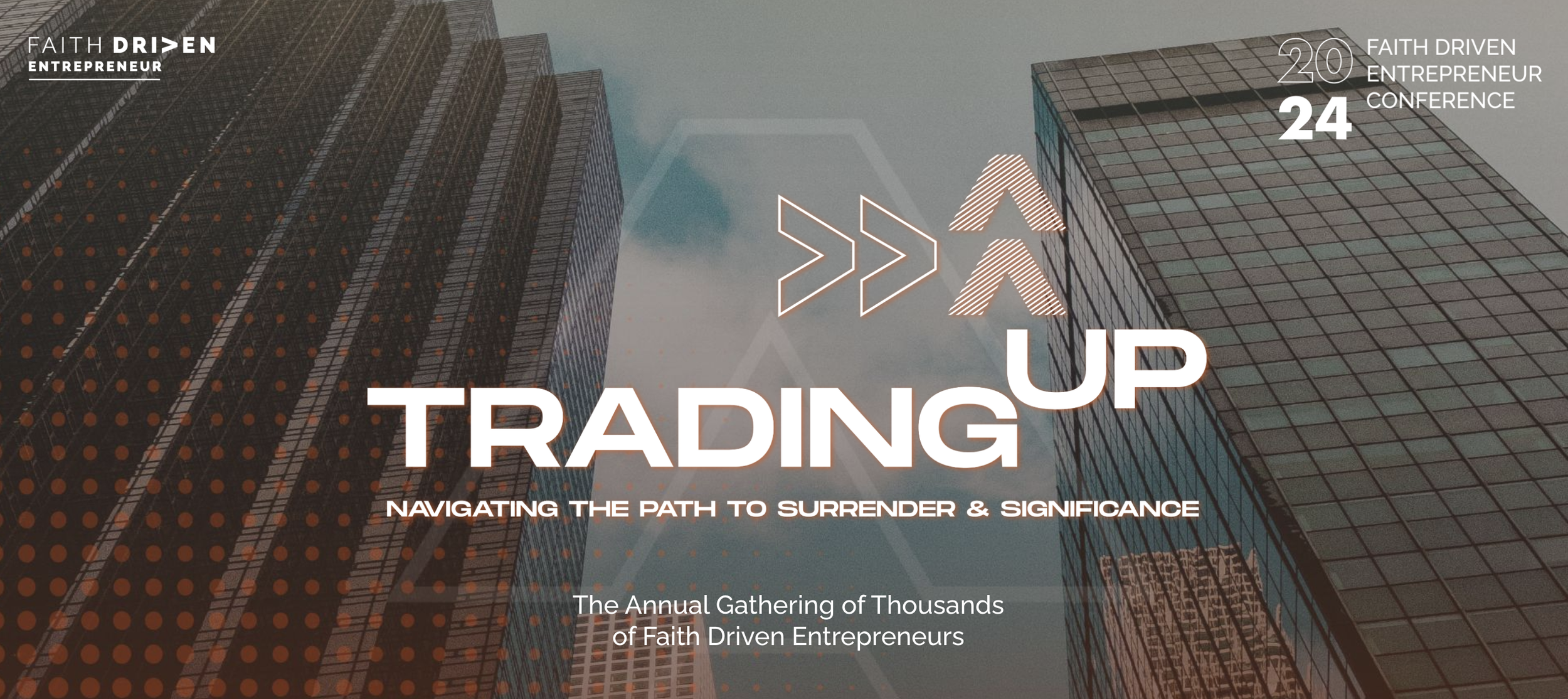
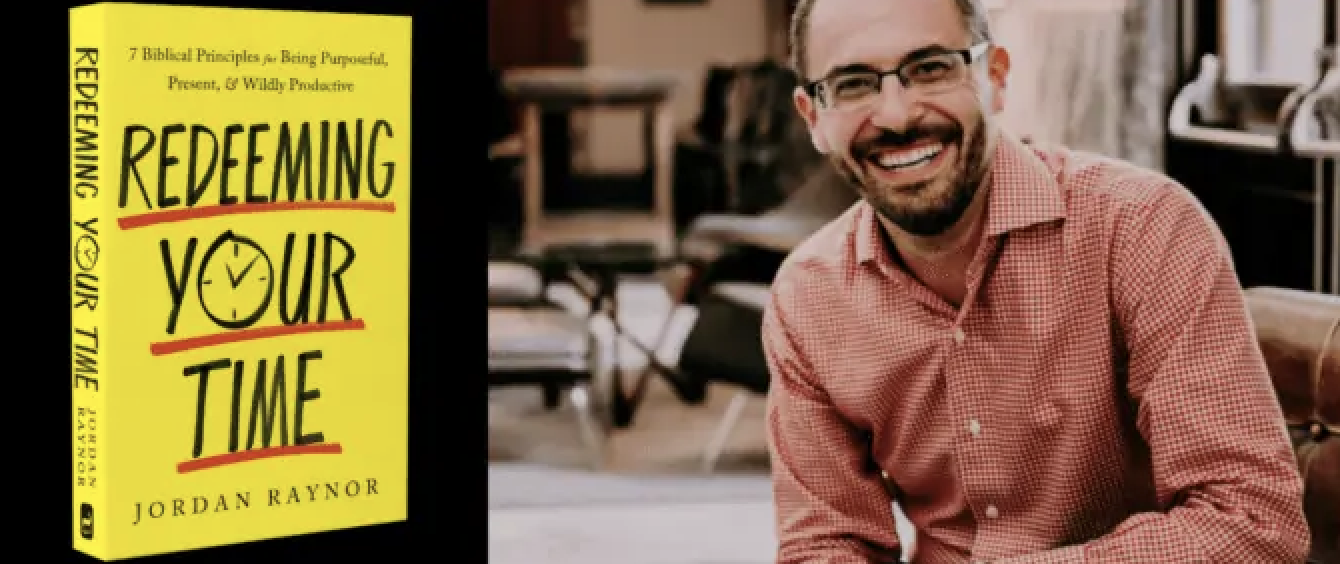
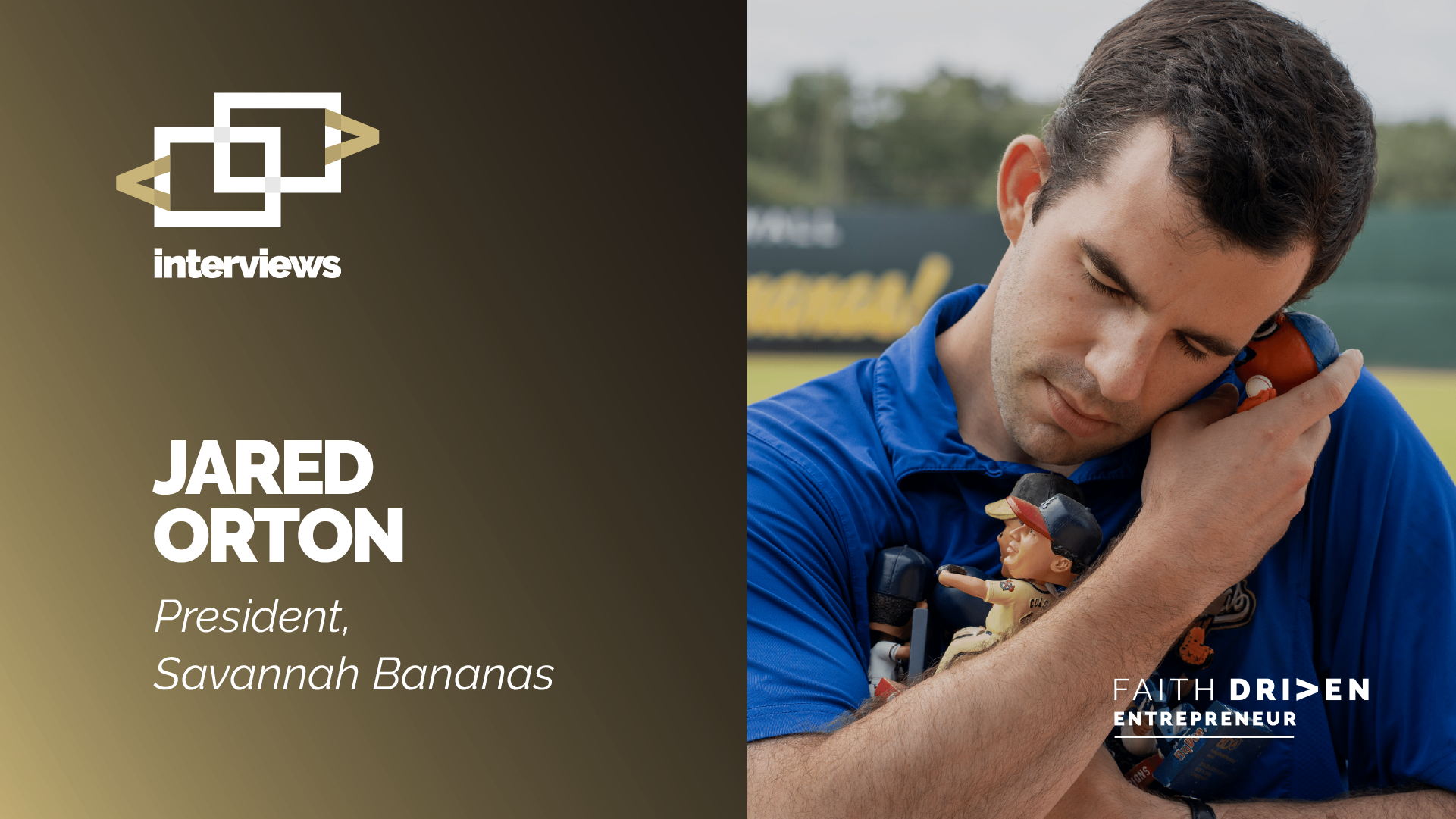
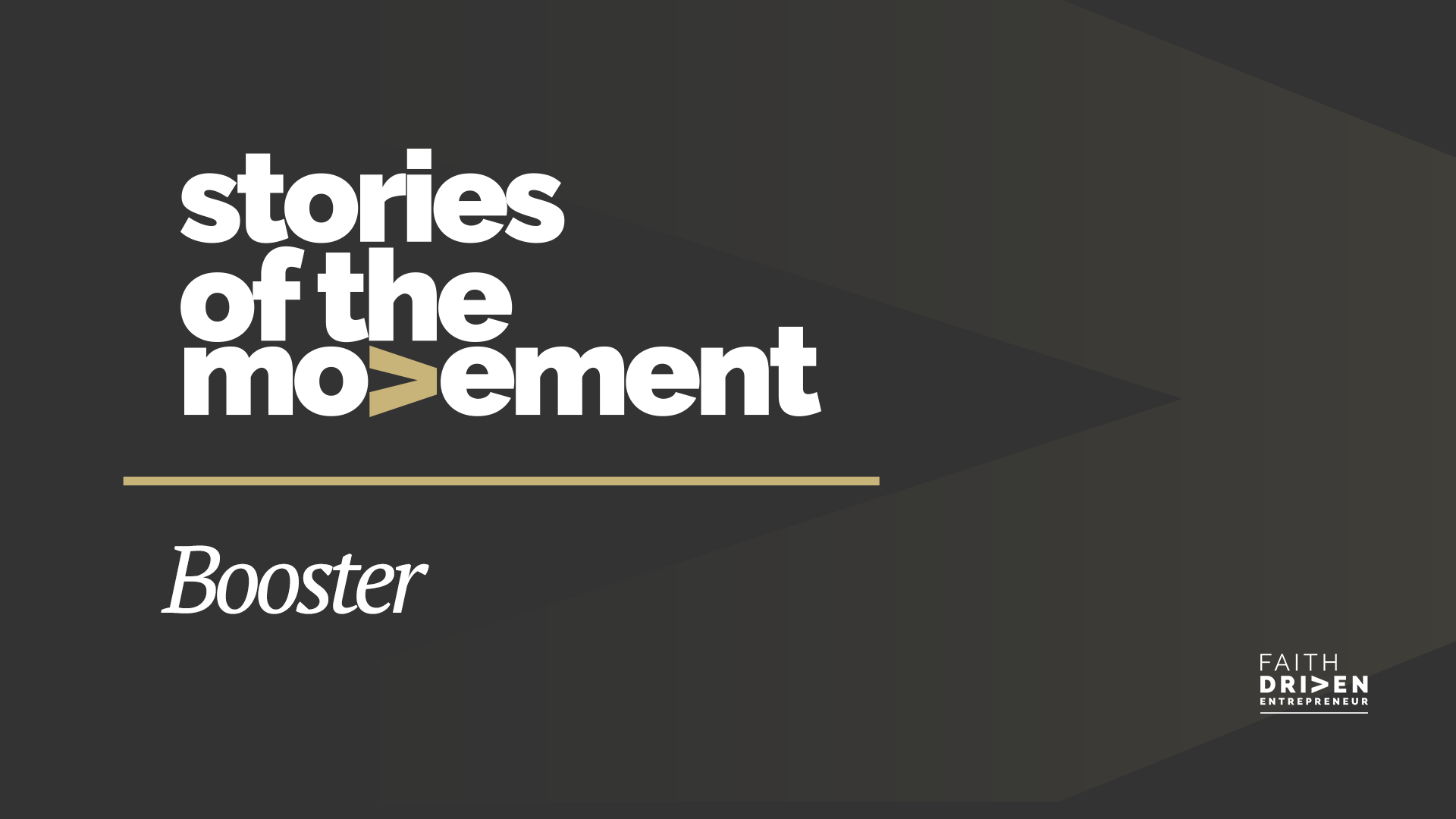
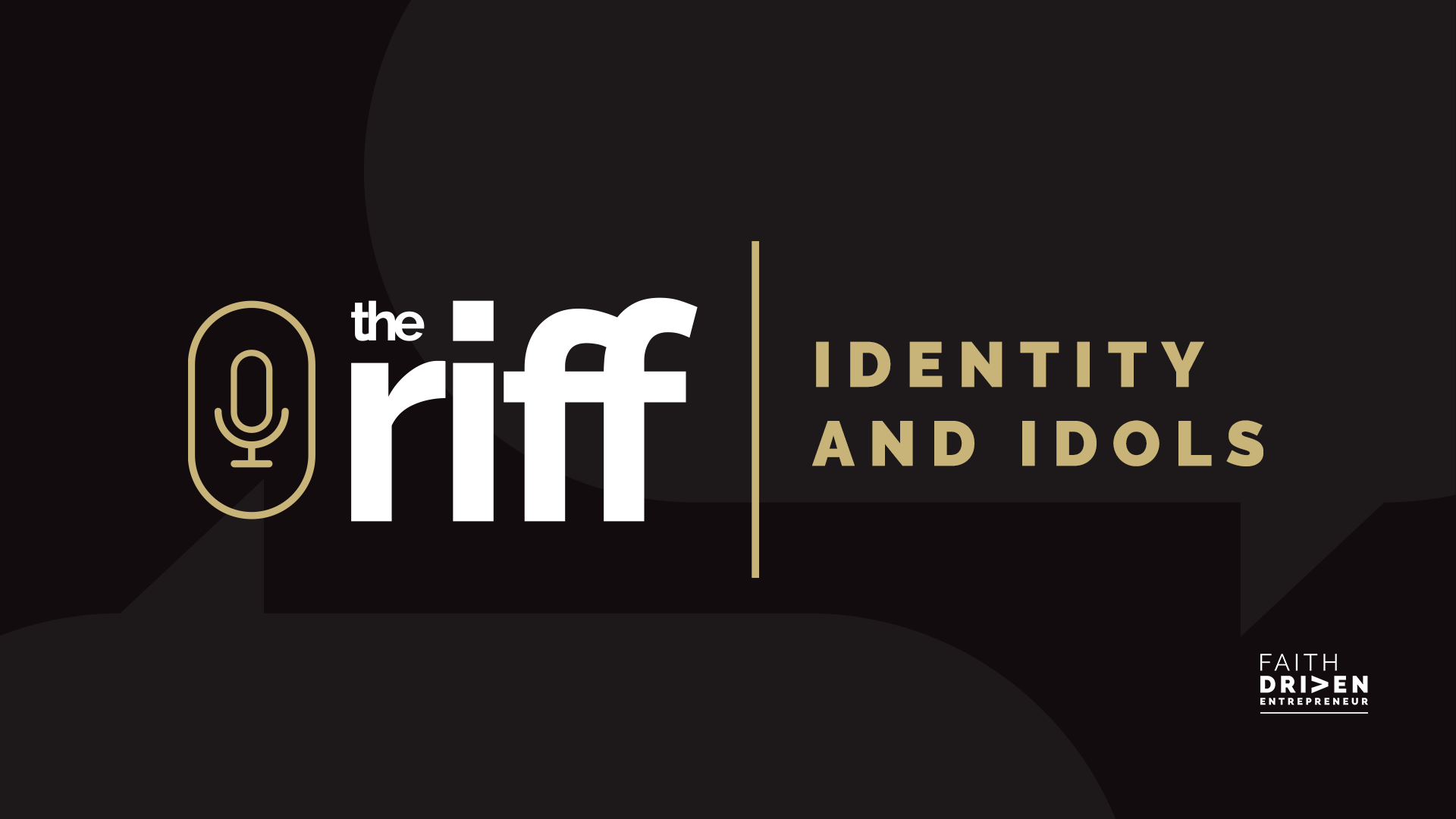
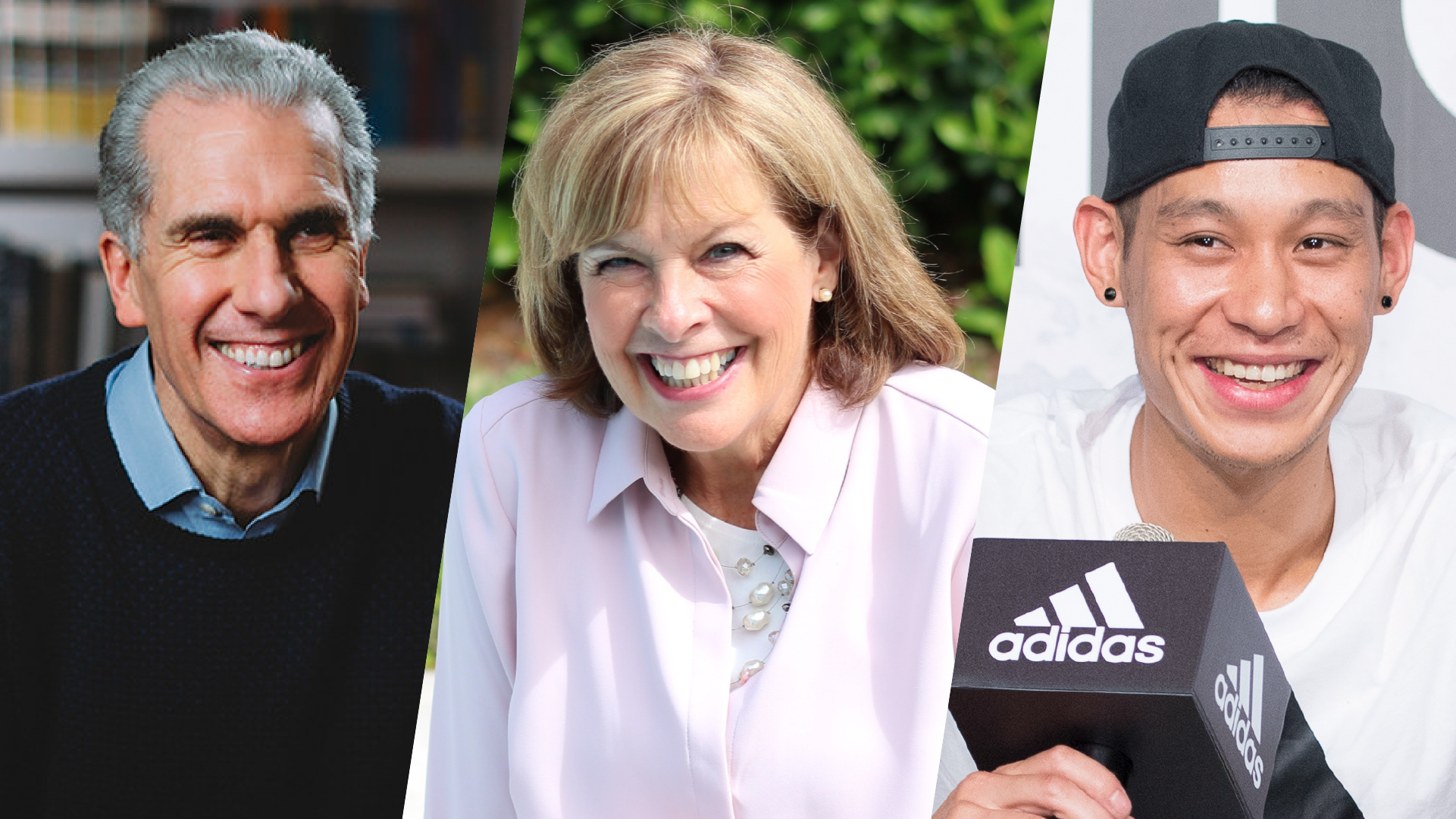
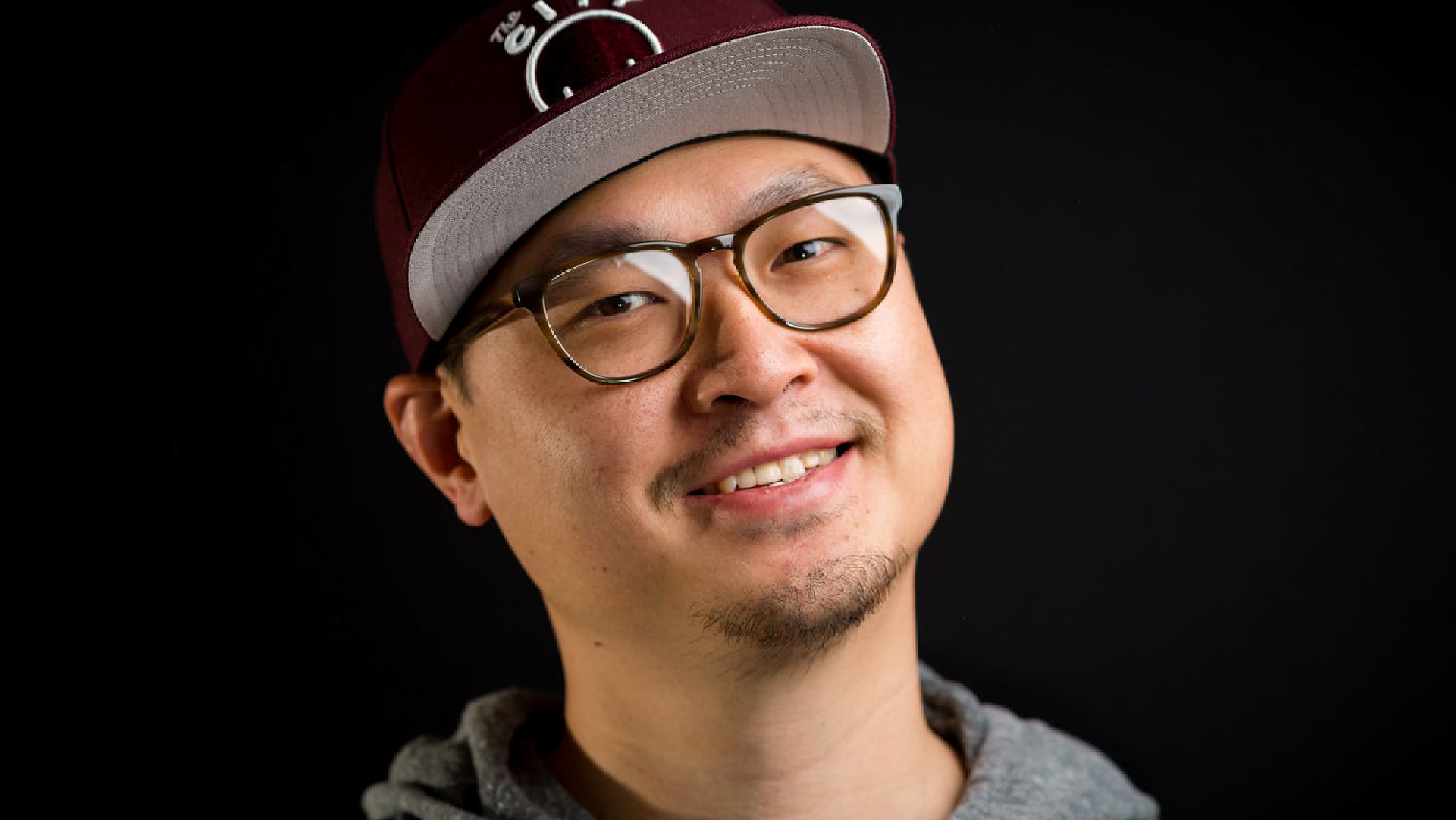
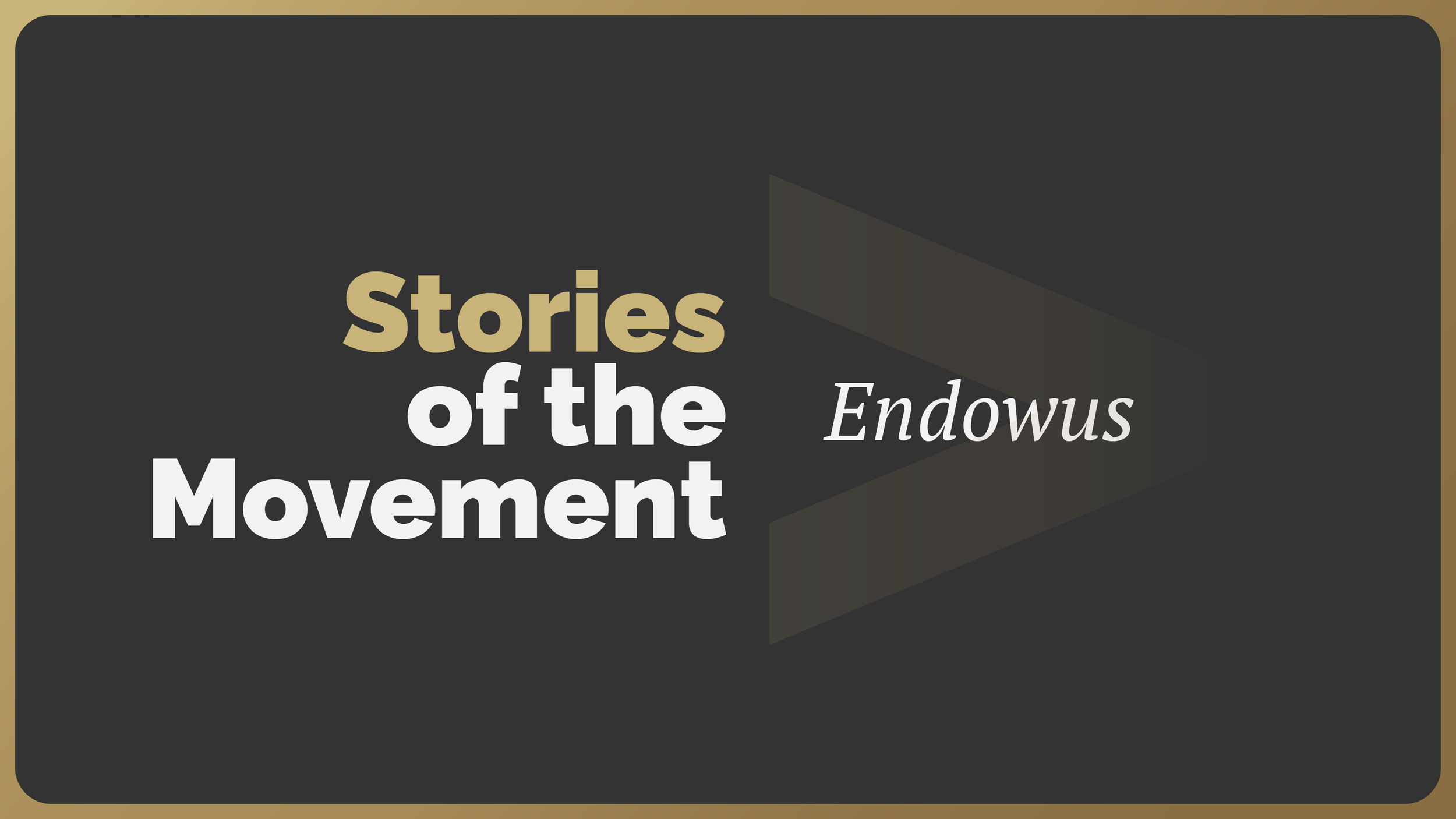

Follow the podcast